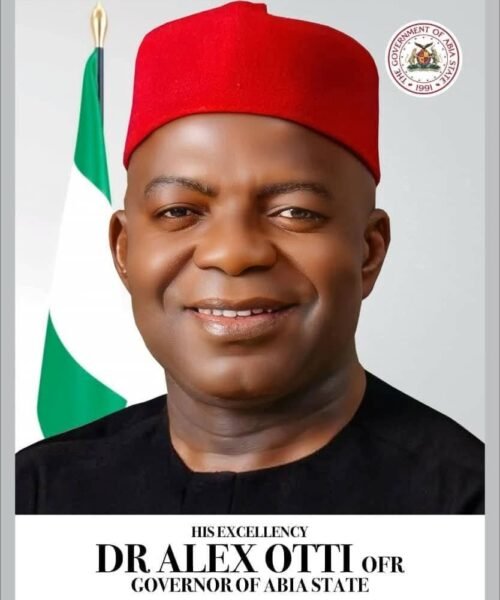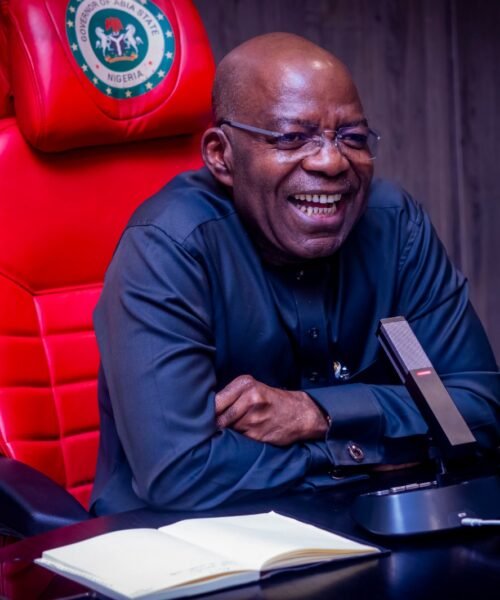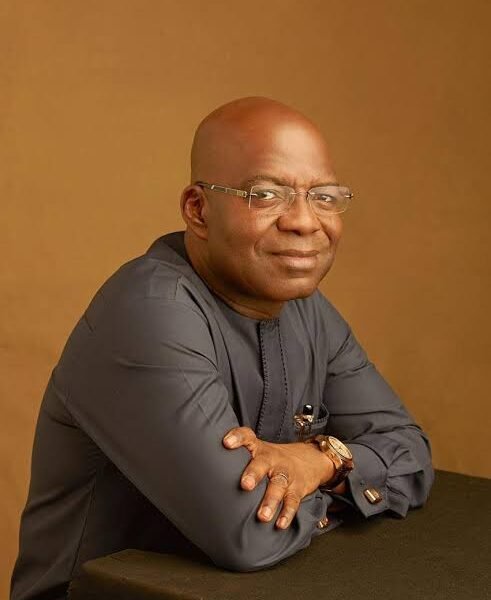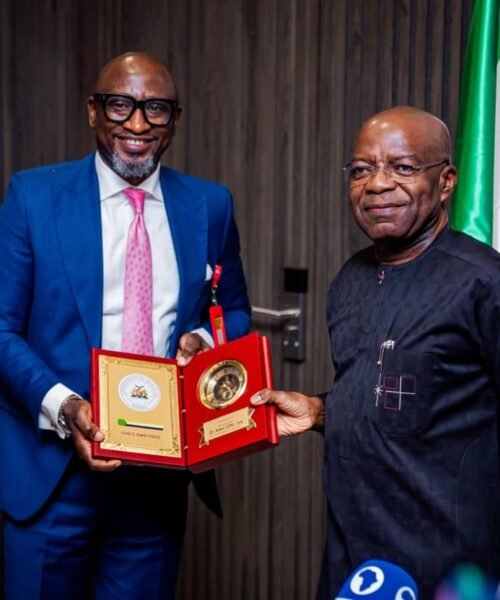When Tweets Meet Policy: How Social Media Shapes Economic Expectations in Africa
By Professor Chukwuemeka Ifegwu Eke, University of Abuja
The Big Question
Can WhatsApp, X (Twitter), and TikTok really influence how citizens respond to government policies?
My latest research—“Rational Expectations, Social Media and Policy Ineffectiveness in Sub-Saharan Africa (2000–2024)”—set out to answer this.
The Research Journey
We examined how fast-spreading digital information affects the traditional link between macroeconomic policy and economic growth.
The guiding idea was simple: when everyone receives policy news instantly, they adjust their expectations sooner—possibly neutralizing policy impact.
Data and Methods
To capture twenty-five years of evidence (2000–2024), we combined verified sources:
World Bank (WDI) for GDP growth, inflation, and monetary indicators.
IMF & TradingEconomics for average policy rates.
DataReportal (Kepios) for internet and social-media penetration.
All data were merged into one regression dataset for Sub-Saharan Africa.
Using Ordinary Least Squares (OLS) with robust HC3 errors, we modeled GDP growth as a function of inflation, policy rate, internet use, social-media use, and mobile subscriptions.
What the Numbers Showed
Inflation and exchange-rate instability still depress growth.
Broad money expansion encourages output.
But the standout finding was the power of social media: higher social-media penetration correlated with quicker expectation adjustments and a weaker policy-growth link.
In plain terms, as digital connectivity rose, policy announcements lost their “surprise effect.”
Citizens, firms, and investors reacted almost instantly to rumors or statements online—often before policies took effect.
Why It Matters
This confirms the rational-expectations view in a digital age: when information is everywhere, people anticipate government moves.
Social media has become both a classroom for economic learning and a megaphone for panic or misinformation.
Policies now succeed or fail partly on how well they are communicated across digital platforms.
Research Challenges
The study faced three key hurdles:
- Data Gaps: Social-media metrics before 2010 were scarce; we had to reconstruct early years from multiple reports.
- Aggregation Limits: Sub-Saharan averages hide national differences—future work will use country panels.
- Causality: Distinguishing whether social media drives expectation change or simply mirrors it remains complex.
Despite these limits, the patterns are clear and consistent across specifications.

Takeaway for Policymakers
Economic management today is not only about setting rates or budgets; it’s about managing narratives.
Governments and central banks must engage citizens directly online, provide clear data, and counter misinformation promptly.
In the digital economy, credibility travels at the speed of a tweet.
(Professor Chukwuemeka Ifegwu Eke is a scholar of Macroeconomics and Digital Economics at the University of Abuja.)







